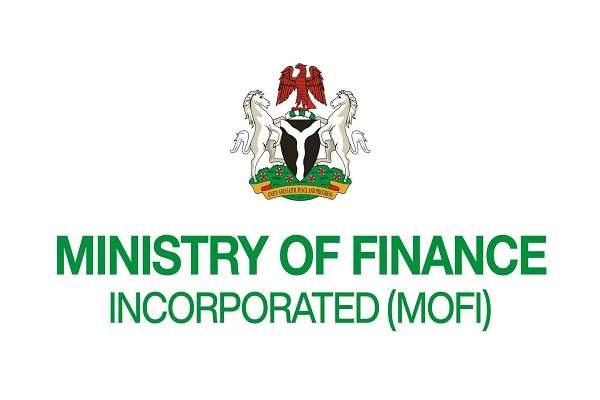Ministry of Finance Incorporated (MOFI) has emphasized the urgent need for strategic collaborations between the public and private sectors to address the country’s pressing infrastructure challenges.
The government’s capacity to fund infrastructure projects is severely constrained by high debt levels and macroeconomic headwinds. As a result, the private sector’s involvement is crucial to bridge the infrastructure gap.
MOFI advocates for Public-Private Partnerships (PPPs) and similar structures as effective mechanisms to mobilize the necessary investments. By sharing risks and costs, PPPs can unlock private capital and expertise to deliver critical infrastructure projects.

Private entities stand to gain significantly from participating in PPPs. These collaborations offer access to large-scale projects, risk-sharing mechanisms, and potential government support in the form of subsidies, tax incentives, and guarantees.
Nigeria’s rapidly growing population has exacerbated its infrastructure challenges. Inadequate transportation, unreliable power supply, and insufficient water and sanitation facilities hinder economic growth and quality of life for millions of Nigerians.
To address this, MOFI is encouraging the adoption of PPP models such as Design-Build-Finance-Operate (DBFO), Build-Operate-Transfer (BOT), and concession agreements. These models can leverage private sector efficiency and innovation to deliver projects on time and within budget.
READ ALSO: MOFI: Nigeria’s strategic vision for sustainable economic recovery
To maximize the potential of PPPs, MOFI stresses the importance of a robust legal and regulatory framework. A clear and transparent regulatory environment can attract private investment and ensure the smooth execution of projects.
The Infrastructure Concession Regulatory Commission (ICRC) plays a pivotal role in facilitating PPPs. By streamlining processes, resolving disputes, and providing regulatory clarity, the ICRC contributes to creating a conducive environment for private sector participation.
As Nigeria strives to achieve sustainable economic growth and improve the lives of its citizens, public-private partnerships emerge as a powerful tool to tackle the nation’s infrastructure deficit. By harnessing the combined strengths of the public and private sectors, Nigeria can build a brighter future.




